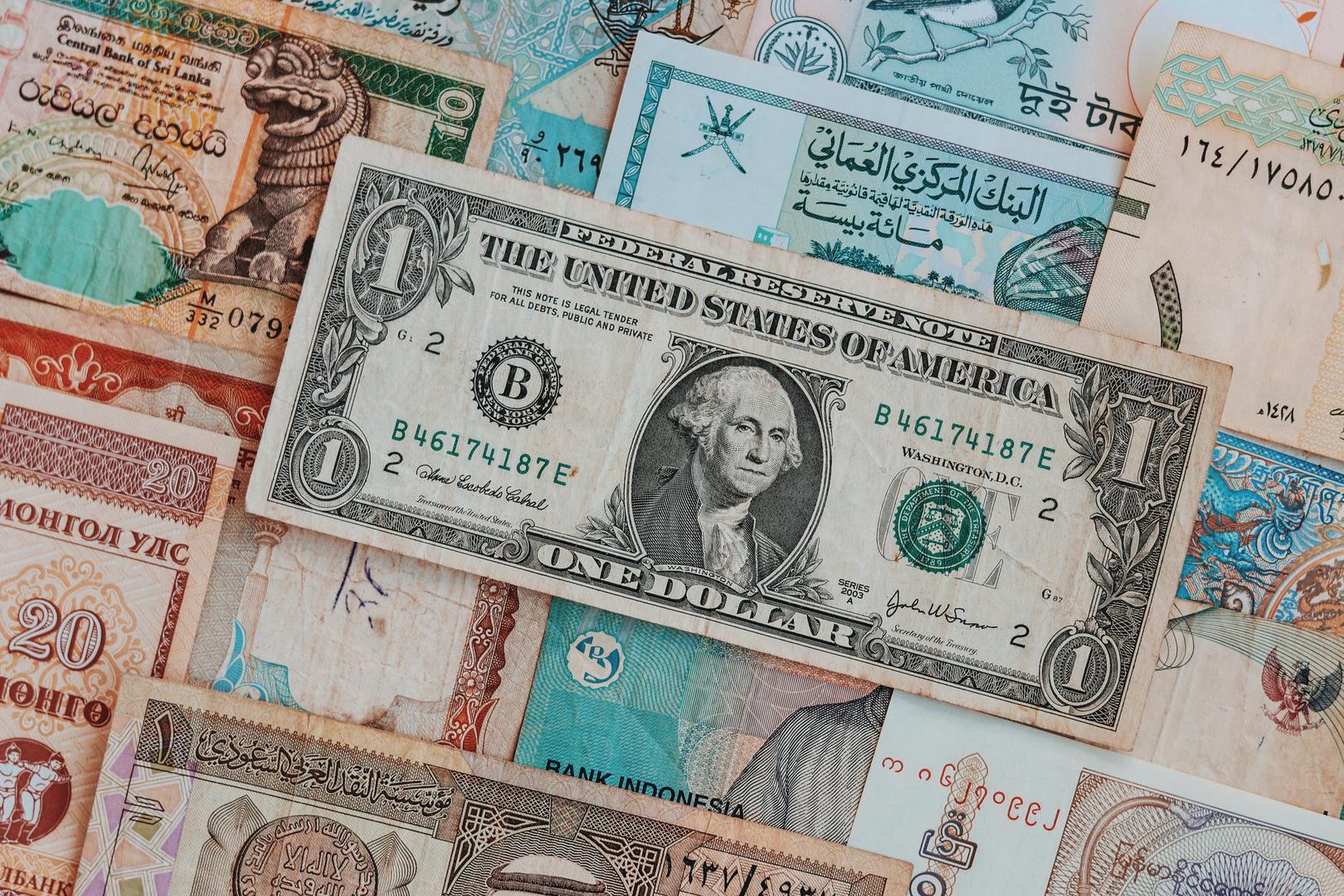
Picture / Pratikxox, Pexels
I’m sitting in a hotel room in Harare, Zimbabwe, and engaging in a bit of a gedankenexperiment. Here’s the scenario:
1. Almost 10% of Zimbabwe’s official GDP comes from expat remittances; most of this from South Africa in rands.
2. In spite of this, the Zimbabwe economy effectively runs using US dollars, which are sourced by citizens on the black market. They need to do this because the most basic commodity which drives every economy — fuel — can only be purchased in Zimbabwe using US dollars in cash.
3. The question which then gets posed by many South Africans is “why does Zimbabwe not simply adopt the rand as their currency?”
4. The answer is that the rand is not freely tradeable. Zimbabwe accumulates around US$ 1,6-billion from expats but the Zimbabwe Reserve Bank cannot use that R26-billion to buy goods from anywhere other than South Africa. This means not being able to acquire fuel or imports from most of the rest of the world, which must be purchased in US dollars.
5. If the ZRB took a billion rand to the South African Reserve Bank and asked for the equivalent in US dollars, the SARB governor would rightly say no because Zimbabwe would very quickly become an outlet for illicit currency outflows from South Africa. (I suspect this is why Tito Mboweni said no to the idea during the Mugabe era.)
6. Meanwhile, expats sending money from South Africa to Zimbabwe end up paying effective charges of R20 for every R100 they send out of the country. That money ends up in the pockets of criminal syndicates who conduct the cross-border transactions.
7. So what if the SARB agrees to exchange rands from the ZRB for US dollars, no questions asked, but simply charges the ZRB a commission of 20 percent on the transaction?
8. This would allow Zimbabwe to rebuild its economy with a stable currency; as their economy grows, there will be an increase in opportunities for illegal immigrants in South Africa to return to Zimbabwe, and it shuts down the profitable criminal currency syndicates.
9. It also means that Zimbabwe would effectively have broken the back of US-led sanctions because no one can point a finger at South Africa for converting rands to dollars.
10. Of course, none of this rubbish would be necessary if South Africa had a freely tradeable currency without exchange controls.
